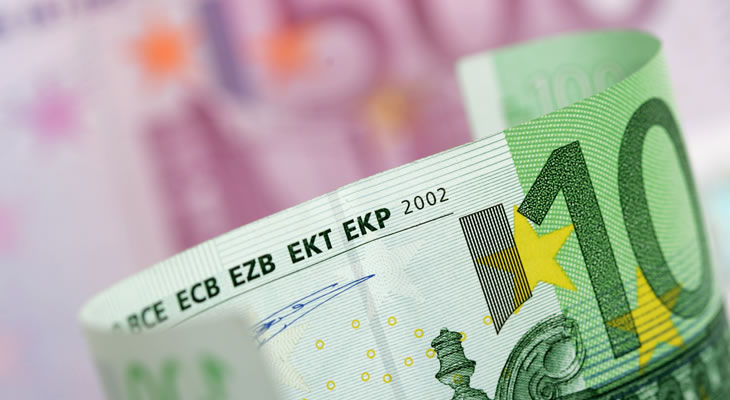As the latest round of Brexit talks ended without any signs of substantial progress the mood towards the Pound soured significantly.
Markets remain concerned by the possibility of the UK exiting the EU in March 2019 without any alternative arrangements in place, resulting in a so-called cliff-edge exit.
This does not bode well for the domestic economy, encouraging the Pound to weaken further on Thursday as the odds of such an eventuality were seen to rise once again.
With the two sides appearing no closer to an agreement on any of the key issues this suggests that the negotiation process is unlikely to become smoother any time soon.
Even though Bank of England (BoE) policymaker Michael Saunders continued to make the case for an immediate interest rate hike this was not enough to shore up the Pound Euro exchange rate.
August’s raft of UK PMIs could offer Sterling something of a rallying point, though, if the domestic economy can demonstrate continued signs of resilience.
Of particular interest will be the services PMI, given that more than three quarters of the UK’s economic activity is driven by the sector.
A stronger showing here could help to boost the appeal of the Pound, in the short term at least.
Even so, the GBP exchange rates are likely to remain largely biased to the downside, as Tim Riddell, research analyst at Westpac, noted:
‘The reluctance of Japan to initiate trade talks prior to actual Brexit and stumbling EU/UK talks are likely to weigh on business confidence, despite some relatively solid manufacturing surveys recently.
‘Last week’s CBI report highlighted divergence between retailers and manufacturers. If the slump in the retail sector is reflected in service sector PMIs it will show that higher CPI and poor wage growth are impacting household balance sheets and so the consumer – the key support for UK activity.
‘House surveys are also sliding and weighing on both UK confidence and prospects for GBP.’
Higher Eurozone Inflation Fails to Boost ECB Tapering Odds
While markets did not react with particular enthusiasm to the better-than-expected uptick in the Eurozone consumer price index this was not enough to prevent the GBP EUR exchange rate trending lower.
However, as the European Central Bank (ECB) is likely to continue to look through rising inflationary pressure, in large part thanks to the disproportionate influence of transitory higher energy prices, the upside potential of the Euro was limited.
As the majority of ECB policymakers look set to maintain a more neutral or dovish outlook on monetary policy the single currency struggled to find any particular traction against its rivals.
The finalised Eurozone manufacturing PMIs are unlikely to offer EUR exchange rates any particular boost, unless the figures see a major surprise revision.
A more bullish US Dollar could help to shore up the GBP EUR exchange rate ahead of the weekend, though, if the US labour market continues to show signs of tightening.


Comments are closed.